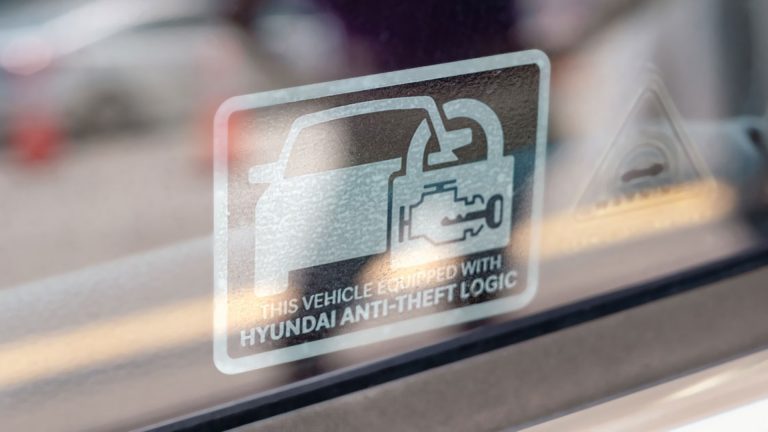California Governor Vetoes Life-Saving Speeding Alerts Over Regulatory Red Tape Complications

California Slams the Brakes on Speeding Alerts
Imagine a world where you get a gentle nudge whenever you’re speeding – an alert that tells you you’re going 10 mph over the limit, inviting you to take it easy and get back to safe speeds. It’s not just a utopian fantasy; it’s a very real possibility in the world of autonomous vehicles and next-generation safety features. However, California, a trailblazer in many things automotive, has hit the brakes on a proposed measure that would require new cars sold in the state to incorporate this very technology.
In a surprising move, California Governor Gavin Newsom has vetoed the "speeding alert bill" (officially known as SB-961), citing concerns over regulatory complexity and federal-state inconsistencies. Newsom has made it clear that existing federal laws already govern vehicle safety standards, and any state-specific requirements could lead to a "patchwork of regulations" that could undermine these longstanding guidelines.
What Would SB-961 Have Achieved?
If signed into law, SB-961 would have required new vehicles sold in California to install an intelligent speed assistance system. This system would provide a short, single audiovisual cue whenever the driver exceeded the posted speed limit by 10 mph, starting from 2030. The goal was simple: reduce the alarming rate of speeding-related fatalities and accidents in the Golden State.
Federal Regulations and Conflicting Interests
However, Newsom believes that California’s proposal could collide with ongoing federal assessments on intelligent speed assistance systems (ISAS). NHTSA, the federal authority responsible for vehicle safety regulations, is actively evaluating these systems, and Newsom doesn’t want to risk disrupting their work.
While there’s merit to his concern, it’s interesting that California has long imposed its own emissions standards, proving that states can enforce their own regulations even if they differ from federal guidelines.
International Trends and Safety Experts’ Views
Globally, speed governors and alerts are becoming an increasingly common feature in next-generation vehicles. Europe has already mandated that all new cars sold must incorporate speeding alerts, and some of these countries are already applying the technology from summer next year.
California and Speeding Fatalities: An Unhealthy Connection?
California, incidentally, has an unfortunately high rate of speeding fatalities, raising questions about why Newsom chose to veto this potentially lifesaving measure. Meanwhile, other states like Massachusetts have taken the opposite tack, actively exploring the installation of speed alerts and advanced safety features.
As with all things, this back-and-forth underscores the complexities of navigating competing interests and bureaucratic red tape in the regulatory space. We’ll wait with bated breath for future developments and keep driving – safely – into an uncertain future.
(
Frederic J. Brown / AFP via Getty Images






